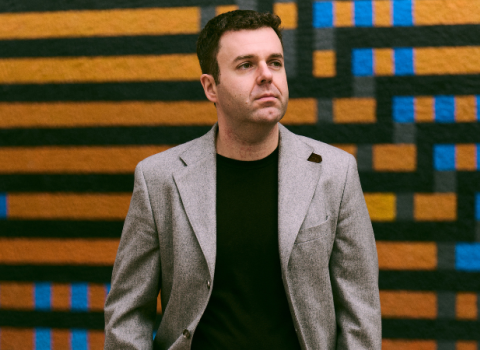The European Institute of Innovation and Technology (EIT) needs to devolve more powers to its innovation clusters, called Knowledge and Innovation Communities (KICs), according to a new brief by the League of European Research Universities (LERU).
From its headquarters in Budapest, EIT funds and oversees a huge distributed network of 800 academic and industry partners – among them corporate giants Siemens, Ericsson, Bayer and Philips, and research stalwarts Imperial College London and the Fraunhofer Institute.
But strains in the complex EIT-KIC model have been evident for a while. The European Court of Auditors, the EU’s accounting watchdog, identified serial shortcomings at the EIT in a review published in April, and said the project has produced little in terms of tangible results or impact.
LERU, an association of 21 of Europe’s top rated universities, many of which participate in KIC groups, thinks one solution is to give the KICs more freedom.
“At the moment a KIC is supposed to have autonomy on its operations and certainly on monitoring the quality and the progress of its projects. However, there have been several examples where the KICs are overruled during the evaluation of the annual KIC report,” LERU writes in its detailed submission to a public consultation on the future of the EIT ran by the European Commission. “This approach is reducing trust in the EIT’s goal to truly foster innovation. It may bring certain partners, especially SMEs, in a difficult financial situation.”
After fifteen years of EU backing, KICs, which cover areas such as information technologies, energy, climate change, raw materials and life sciences, are expected to cut the apron strings and stop receiving funding from EU coffers.
There are plenty of sceptics who question whether the EIT can ever become independent and profitable. Between 2010-2014, EIT injected over €460 million into the KICs, but to date only one of them has declared any income.
According to LERU, “full financial autonomy or sustainability is neither desirable nor achievable without fundamentally changing the EIT’s role and position.”
Governance at the EIT is perceived as an obstacle to growth. LERU says the institute’s “major decision processes [need to be] redesigned”. The institute has had a high turnover of senior staff, with five different directors since 2008. The present incumbent, Martin Kern, has been acting as interim director since August 2014.
The EIT isn’t helped by its placement in the complicated EU pipework either, LERU says. The Commission’s education directorate (DG EAC) has oversight of the EIT, but the institute’s funding comes out of Horizon 2020, overseen n by the research directorate.
“The EIT is caught between DG EAC as a supervising agency on the one hand and the Horizon 2020 framework on the other hand,” LERU writes. A “less ambiguous positioning” is recommended.
Reforms have been made at the EIT following the auditors’ report, which took place between December 2014 and June 2015. These include steps to strengthen governance, better reporting of KIC performance, and increased transparency.
The Commission has set up a five-person panel of experts to make further recommendations for EIT reform by the end of the year.





 A unique international forum for public research organisations and companies to connect their external engagement with strategic interests around their R&D system.
A unique international forum for public research organisations and companies to connect their external engagement with strategic interests around their R&D system.